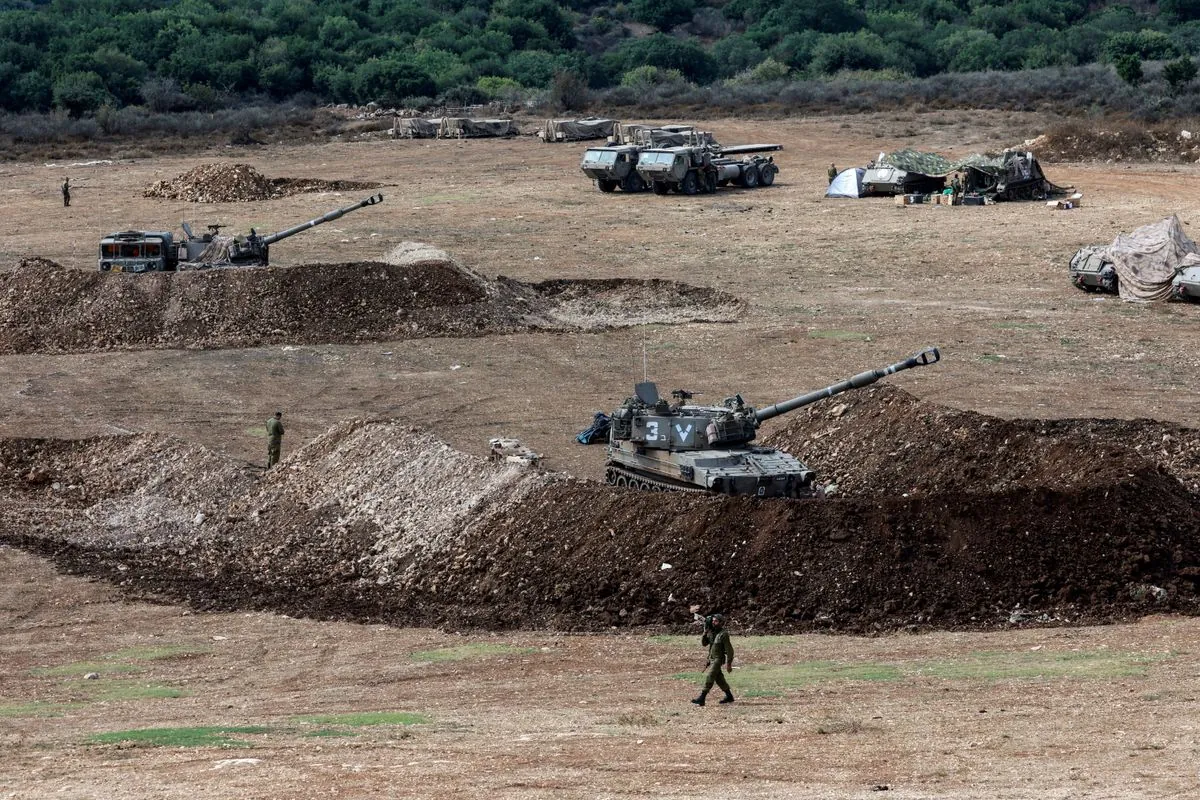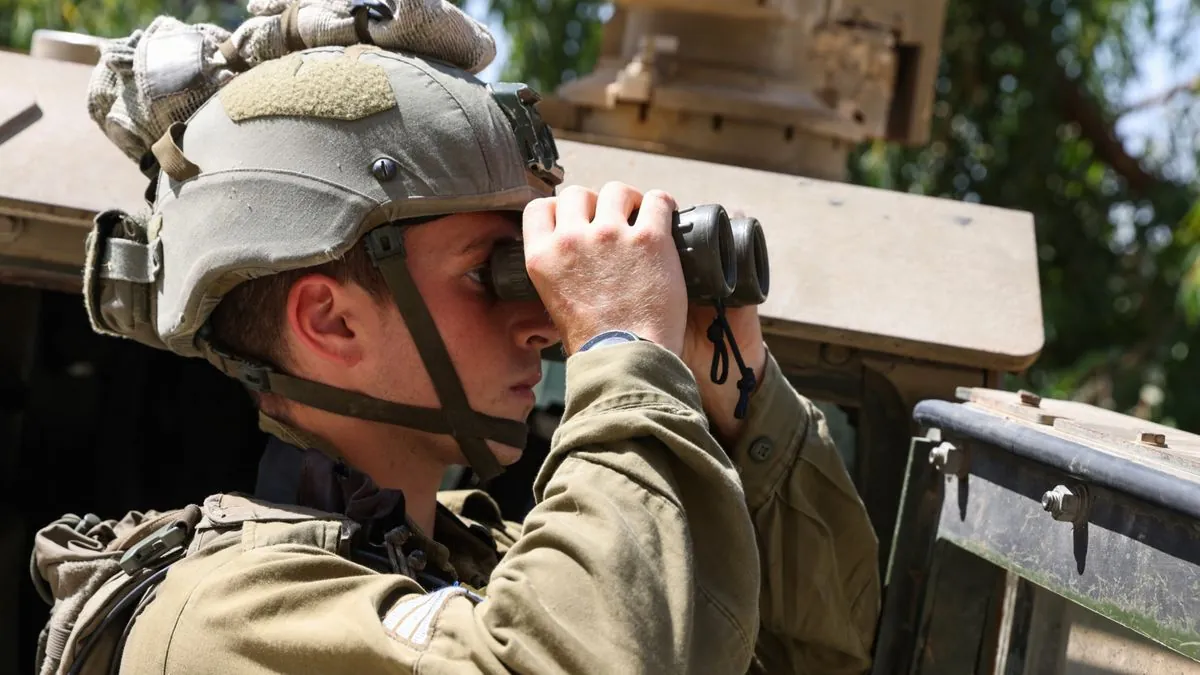Israel Escalates Conflict with Hezbollah: Analyzing the Strategic Shift
Israel intensifies operations against Hezbollah in Lebanon, marking a significant escalation after months of border tensions. The move raises concerns about a potential full-scale war and its regional implications.

In a significant escalation of tensions, Israel has intensified its military operations against Hezbollah in Lebanon, marking a new phase in the ongoing conflict. This development comes nearly a year after the Hamas-led attacks on southern Israel on October 7, 2023, which triggered a series of events leading to the current situation.
Israel's recent actions include extensive airstrikes across southern Lebanon, targeting Hezbollah's communications infrastructure and key commanders. These operations are part of a long-standing battle plan that Israeli military strategists have been refining for almost a decade.
The escalation raises several important points:
- Strategic timing: With Hamas's capabilities diminished in Gaza, Israel sees an opportunity to address the threat from Hezbollah.
- Political considerations: Prime Minister Benjamin Netanyahu's decision to escalate may have political motivations, including diverting attention from domestic issues.
- Public opinion: A significant majority of Jewish Israelis support more aggressive action against Hezbollah, according to an August 2024 poll.
- Historical context: The last full-scale war between Israel and Hezbollah occurred in 2006, lasting 34 days and resulting in substantial casualties on both sides.

The current situation is deeply rooted in the complex history of the region. Hezbollah, founded in 1985 in response to Israeli occupation of southern Lebanon, has since grown into a powerful military and political force. The group is estimated to have around 45,000 active fighters and receives significant support from Iran.
Israel's primary demand is for Hezbollah fighters to withdraw beyond the Litani River, approximately 140 kilometers long and the longest river in Lebanon. This would allow tens of thousands of displaced Israelis to return to the northern border area, which has been effectively a combat zone for nearly a year.
The international community, including the United States and European allies, is pushing for a diplomatic solution to prevent further escalation. The United Nations Interim Force in Lebanon (UNIFIL), present in southern Lebanon since 1978, continues to monitor the situation along the Blue Line, established by the UN in 2000 as a border demarcation between Lebanon and Israel.
"No country can accept the wanton rocketing of its cities; we can't accept it either."
However, critics argue that prolonging the state of war may serve Netanyahu's political interests, potentially delaying domestic challenges to his leadership, including ongoing corruption trials and demands from coalition partners.
The situation remains highly volatile, with the potential for rapid escalation. Lebanon, already grappling with a severe economic crisis since 2019 and the aftermath of the 2020 Port of Beirut explosion, faces further instability if the conflict intensifies.
As the international community watches closely, the coming days and weeks will be crucial in determining whether diplomatic efforts can prevail or if the region will witness another devastating war.


































